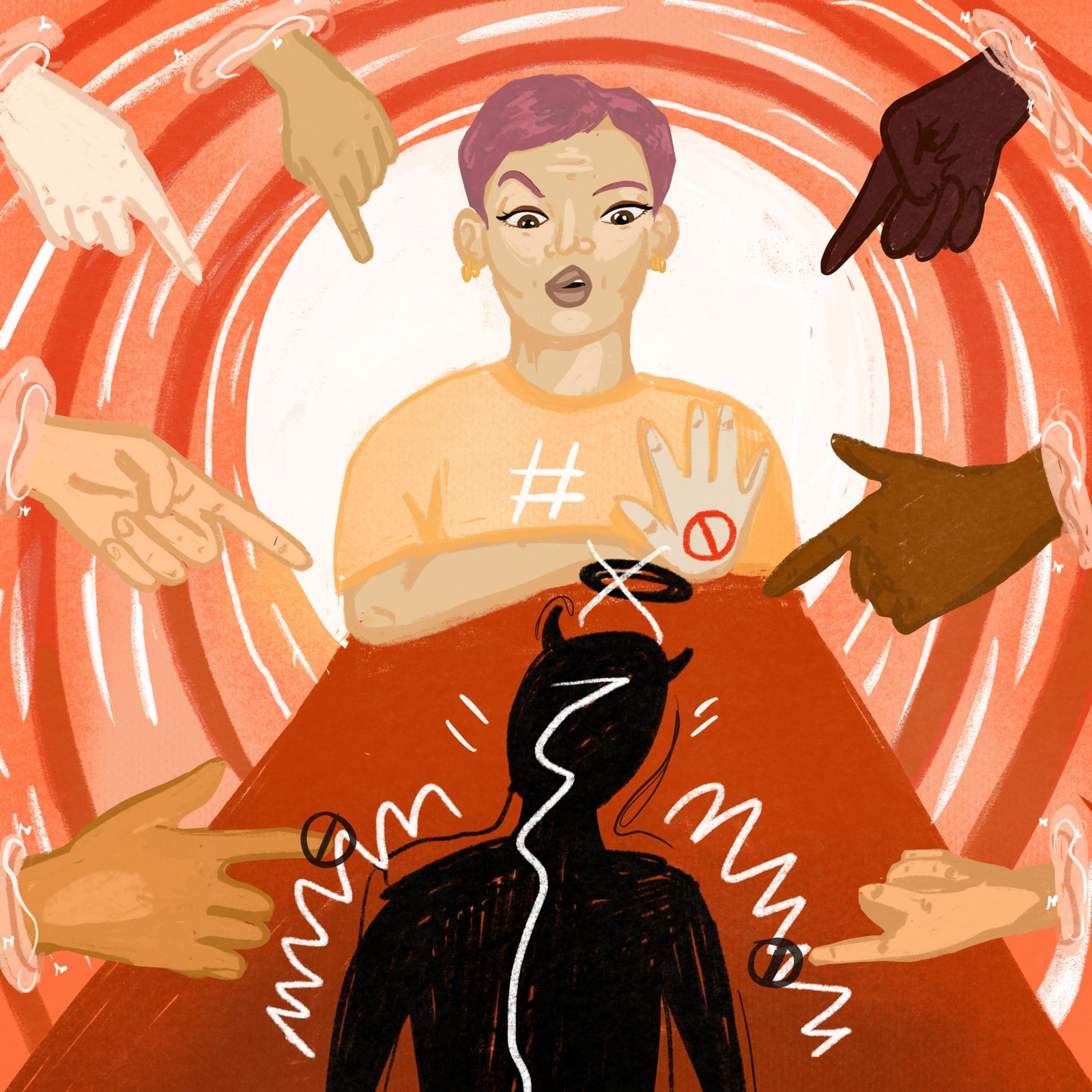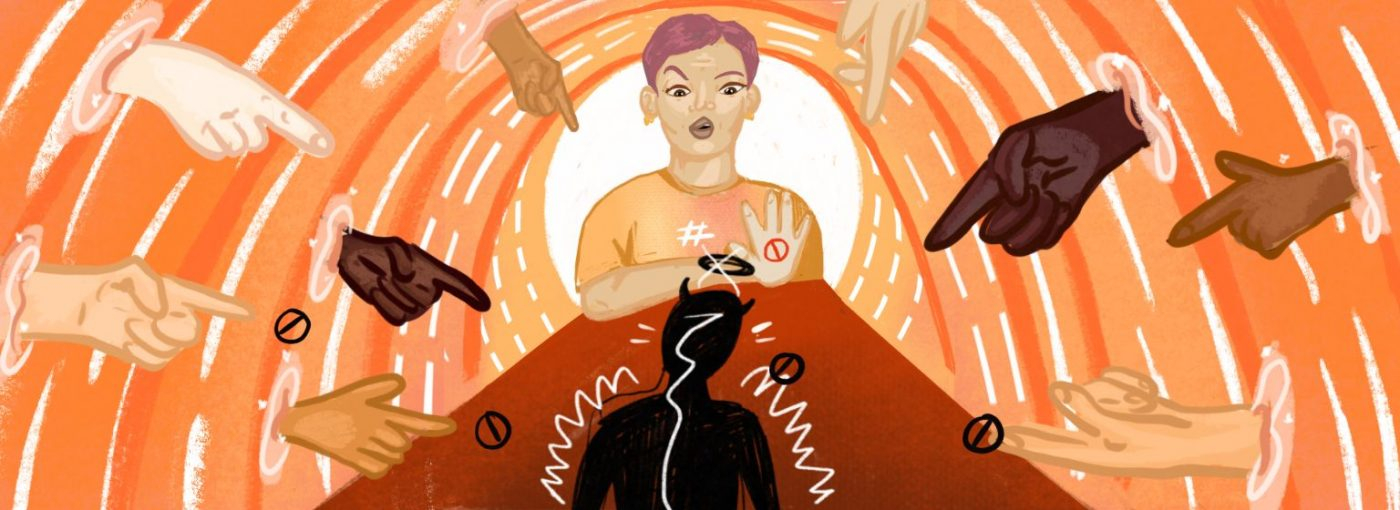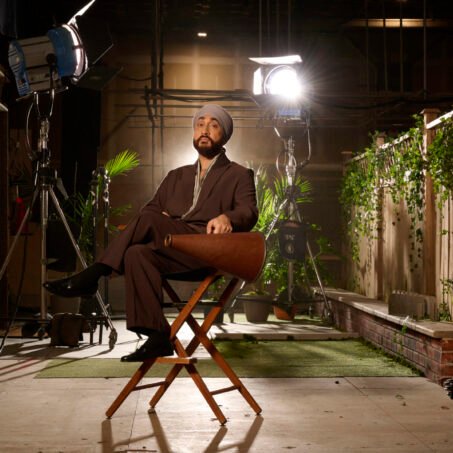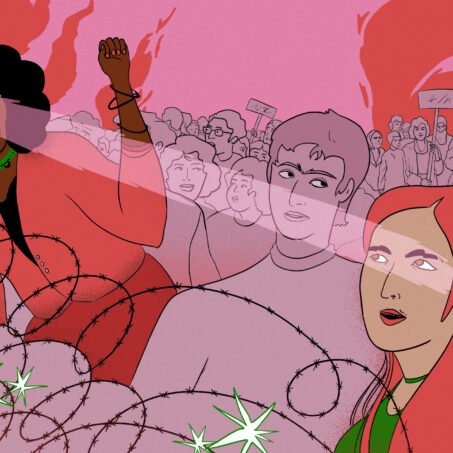In recent memory, brave testimonies and watershed dialogues have been successful in deplatforming predatory and abusive people – primarily men – who used their power to cause harm and silence those they hurt. But sometimes the situation isn’t as cut-and-dry as, say, a powerful executive pressuring his assistant into sex. What happens when the perpetrator of harm uses their platform to further just causes? What happens when “speaking truth to power” looks more like speaking truth to someone who, in the grand scheme of things, doesn’t have much more power than you do? The truth is that even in queer spaces, in small town art collectives, and most progressive communities, harm is perpetuated in intentional and unintentional ways. Because people have conflicting wants and needs due to inevitable differences, discord is bound to arise. The issue is not a matter of avoiding conflict, but figuring out how to deal with it.
While there are certainly lamenters of so-called cancel culture who feel threatened by the paradigm shift, there are others who reject it because they feel it doesn’t align with a restorative justice framework. Restorative justice, which underpins the movement for prison abolition, might best be summarised by the slogan “prison abolition means we don’t treat each other like cops.” In other words, when a community member transgresses against another community member, the person in the wrong still doesn’t deserve to be punished through exile, shunning, or doxxing. To conflate a person with their most negative actions, and then use that as justification to remove the whole person altogether, is a replication of carceral logic. The alternative looks like fostering a healing dialogue or exploring less extreme forms of retribution.

But this is all easier said than done. After numerous failed attempts to reconcile in private, coming forward publicly may be the most appropriate way to handle the situation. At this point, cutting someone out is often framed as a method of protecting the community rather than a step towards accountability. A member of my queer community in New York said to me, “A person can be given the chance to do better and still not take it. I think there is a point at which a person has clearly demonstrated that they will not be changing their ways, or taking any initiative to begin this process. At this point, I think it is in the best interest of the community to cut ties. Reconciliation is necessarily a two-way street.” So basically, justice is about providing the opportunity to make amends rather than inorganically trying to force it. It’s also not about eliciting an empty apology: it’s about committing to actionable positive changes.
A couple of years ago, the student body of my small liberal arts college led a protest against the administration for failing to address food insecurity, among dozens of other issues on campus. Anna,* a student at the time, critiqued the tactics of the protest. She believed the organisers of the protest were unfocused and should’ve narrowed their overwhelmingly long list of demands. Beyond that, she criticised participants for continuing to attend classes during what was supposed to be a sit-in with a planned walk-out. “I was criticising their protest from a far-left perspective, further left than the general political stances of those leading it, and they still weren’t interested in what I had to say. So it was never about justice from them, just posturing.”
In the wake of these criticisms, Anna was labelled as racist and classist. Her stance was misconstrued as being against the demands rather than against the methods of protest, and students began to distance themselves from her to the extent that she felt unwelcome on campus. “There were actually a great deal of people who agreed with me at the time, but were afraid of openly expressing support. And several people have since apologised,” she said.
In an ideal world, all avenues of accountability would be explored before ousting someone, but evidently that’s not the case. Reasons can stem from uncomfortable feelings of being challenged (as seems to be the case with the student protestors) to a desire for vengeance against the person who caused harm. Sometimes, when we feel our power has been taken away, revenge presents itself as a way to reclaim our power. It’s no coincidence that the revenge fantasy has a long history as a trope in feminist literature and film across countries, from the Norwegian novel Gunnar’s Daughter (1909) to the Japanese film Lady Snowblood (1973), from the French novel Baise-Moi (1994) to the film A Promising Young Woman (2020). But rather than be transparent in their desire for revenge, someone may overstate their desire to protect their community. Perhaps the fear is that by stepping into and demonstrating their power, others won’t believe they could’ve possibly been vulnerable to mistreatment in the first place. Framing the fulfillment of a revenge fantasy as “protecting the community” is more often self-protection against people who seek to discredit accounts of harm. This stirs up questions about how situations of harm would be handled if people who come forward – especially women – were seen as credible. What would these conversations look like if we weren’t worried about saying the right thing, and about proving ourselves?
In any case, revenge is a powerful tool and an understandable impulse, but it’s not a tenet that community can be built around. Especially when it’s the first line of defense. Vengeance stems from a feeling of disempowerment, and could perhaps be minimised if the root of conflict was interrogated more vigorously. And revenge fails to count for the redeemability of those who are willing to embrace the opportunity to repair damage and do better moving forward. “A lot of RadLibs I’ve met identify as agnostic or atheistic and scoff at the restrictive nature of fundamental Christianity, but then continue to uphold organised religion’s most unforgiving aspect: moralising. Swap out the word ‘problematic’ with ‘sinful’ and you’ll see what I mean,” said Anna. “And they disregard its greatest contribution: forgiveness and the possibility of redemption.”
*name changed











